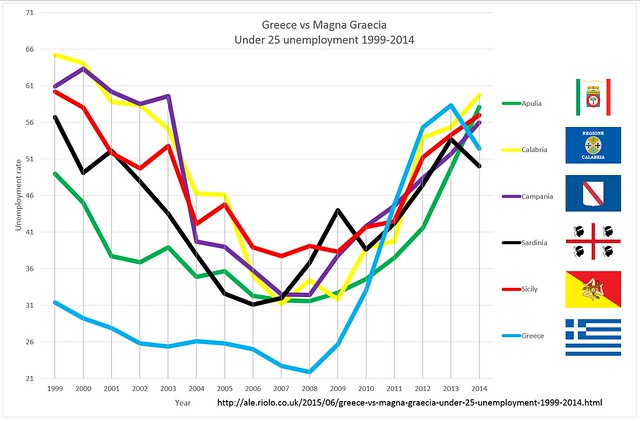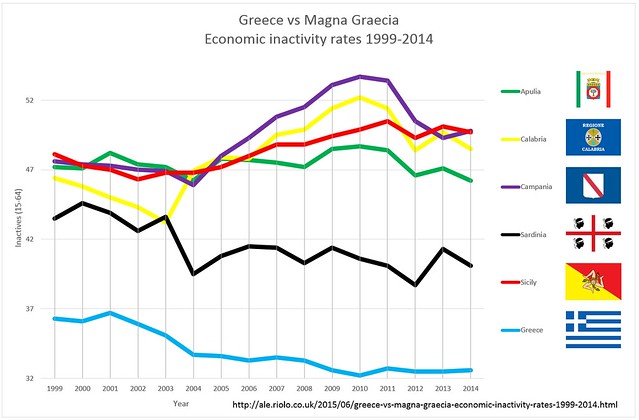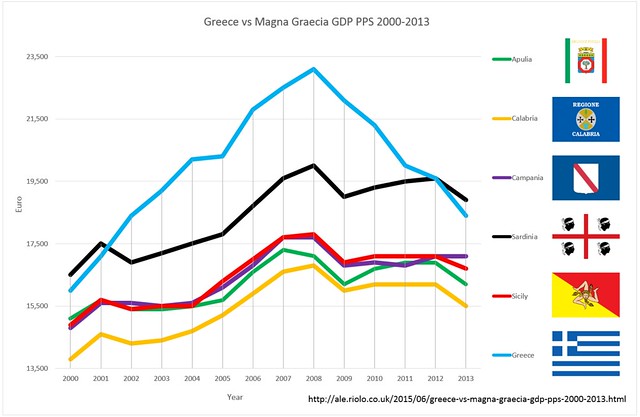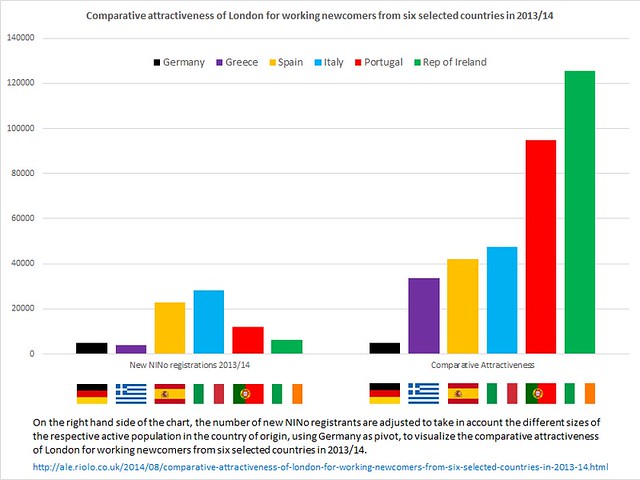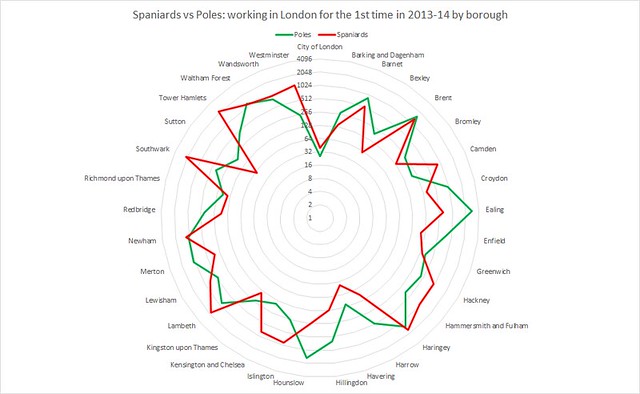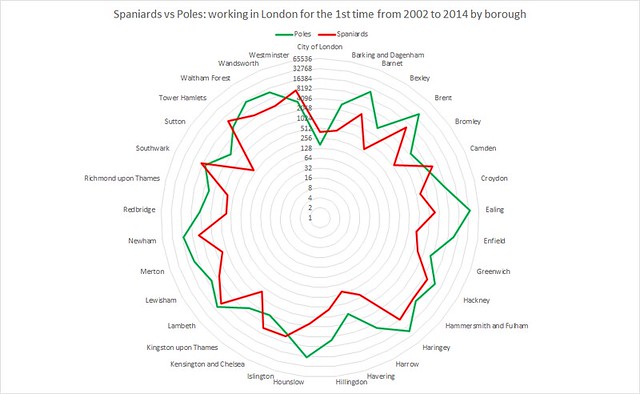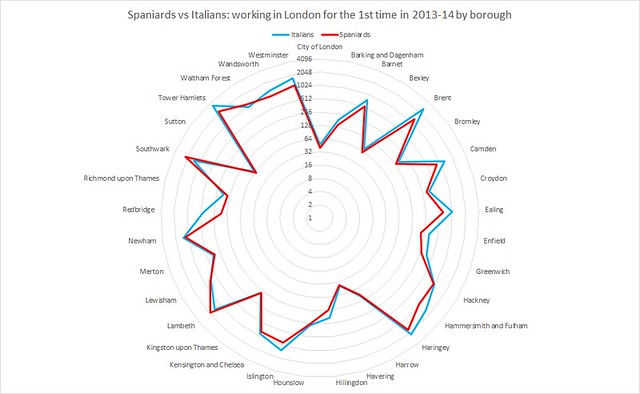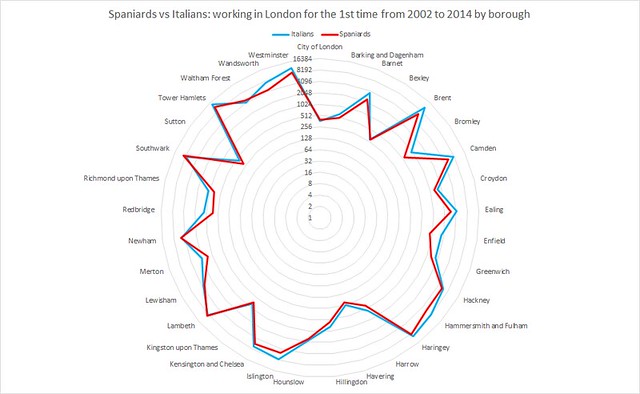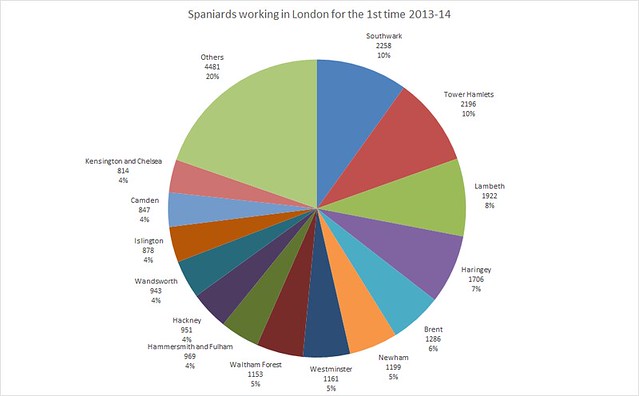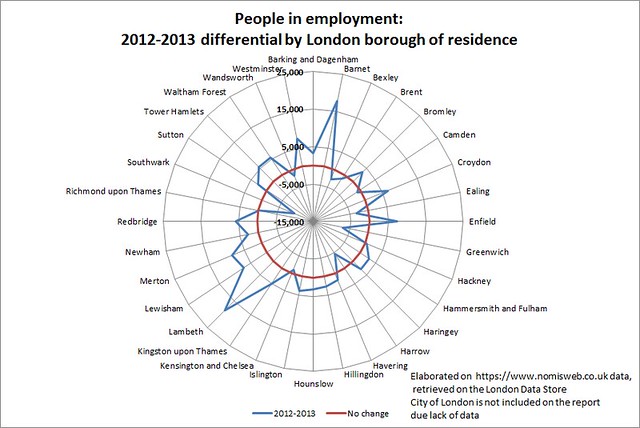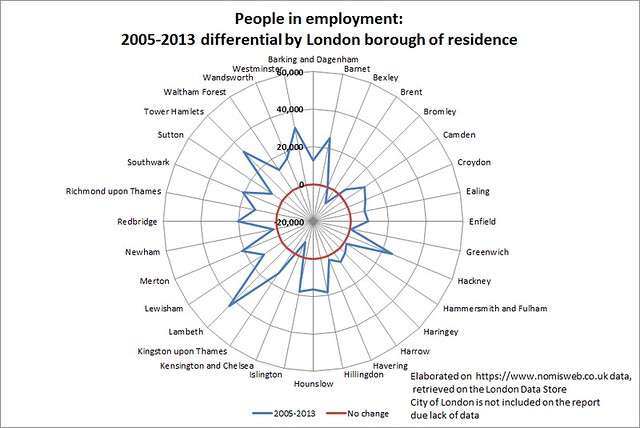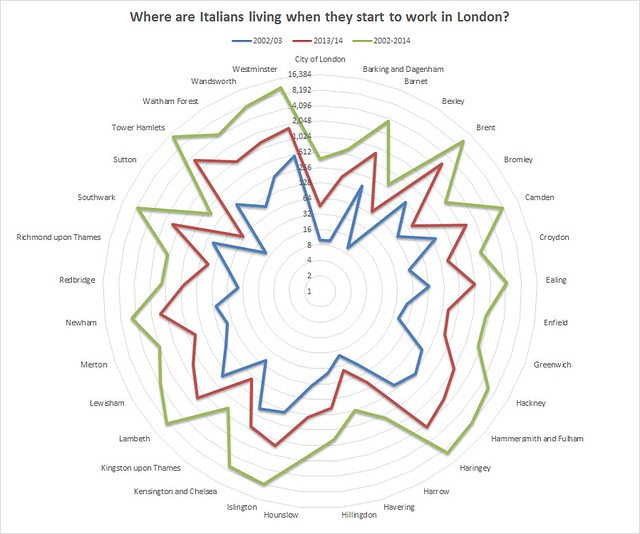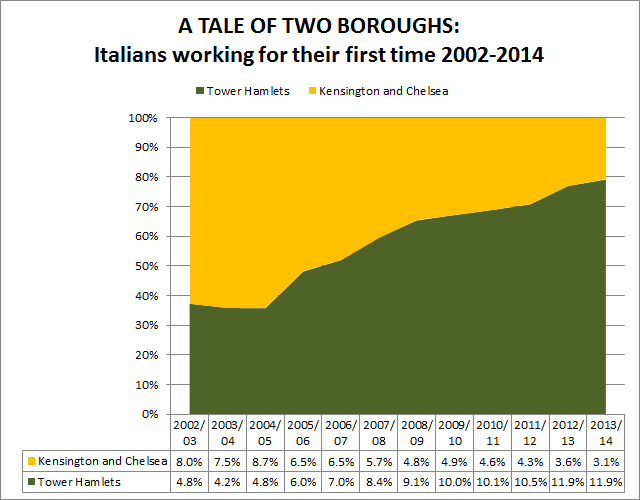Now the Greeks, being thus besieged by land and by sea, knew not what to do, since they had neither ships nor allies nor provisions; and they thought that there was no way out, save only to suffer the pains which they had themselves inflicted, not in retaliation, but in wantonness and unjustly upon the people of small states, for no other single reason than because they were in alliance with the Germans.
On this account they restored to the disfranchised their political rights and held out steadfastly, refusing to make overtures for peace even though many were dying in the country from starvation. When, however, their provisions had entirely given out, they sent ambassadors to Schäuble declaring their wish to become allies of the Germans while still keeping their banks, their infrastructures, the luxurious pensions and the Euro, and on these terms to conclude a treaty.
But Schäuble bade them go to the Eurozone leaders, saying that he himself had no authority. And when the ambassadors reported to the Greeks this reply, they sent them to the Eurozone leaders.
But when they were at Brussels, near Germany, and the Eurogroup finance ministers learned from them what proposals they were bringing,—the same, namely, as those which they had presented to Schäuble,—they directed them to go back again without coming a step farther and, if they really had any desire for peace, to take better counsel before they returned.
And when the ambassadors reached home and reported this to the people, despondency descended upon all; for they imagined that they would be reduced to slavery, and that while they were sending another set of ambassadors, many would die of the famine.
Nevertheless, no one wanted to make any proposal involving the destruction of the banks or the sale of infrastructure; for when Samaras said in the Senate that it was best to make peace with the Germans on the terms they offered—and the terms were that they should sell some infrastructures and cut the pensions to decrease the public debt,—he was thrown into prison, and a decree was passed forbidding the making of a proposal of this sort.
This being the condition of affairs in Greece, Tsipras said in the Assembly that if they were willing to send him to the Merkel, he would find out before he came back whether the Germans were insistent in the matter of the pensions because they wished to reduce the country to slavery, or in order to obtain a guarantee of good faith. Upon being sent, however, he stayed with Merkel three months and more, waiting for the time when, on account of the failure of provisions, the Greeks would agree to anything and everything which might be proposed.
And when he returned in the fourth month, he reported in the Assembly that Merkel had detained him all this time and had then directed him to go to Brussels, saying that he had no authority in the matters concerning which Tsipras asked for information, but only the Eurogroup finance ministers. After this Tsipras was chosen ambassador to Brussels with full power, being at the head of an embassy of ten.
Merkel meanwhile sent Draghi, an Italian exile, in company with some Germans, to report to the Eurogroup finance ministers that the answer he had made to Tsipras was that she only had authority in the matter of peace and war.
Now when Tsipras and the other ambassadors were at the Eurozone leaders and, on being asked with what proposals they had come, replied that they had full power to treat for peace, the Eurogroup finance ministers thereupon gave orders to summon them to Germany. When they arrived, the Eurogroup finance ministers called an assembly, at which the Finns and Slovaks in particular, though many other Europeans agreed with them, opposed making a treaty with the Greeks and favoured destroying their country.
The Germans, however, said that they would not enslave a European country which had done great service amid the greatest perils that had befallen Europe, and they offered to make peace on these conditions: that the Greeks should destroy the big banks and leave the Euro, surrender all their infrastructures except twelve, allow their exiles to return, count the same people friends and enemies as the Germans did, and follow the Germans both by land and by sea wherever they should lead the way.
So Tsipras and his fellow-ambassadors brought back this word to Greece. And as they were entering the country, a great crowd gathered around them, fearful that they had returned unsuccessful; for it was no longer possible to delay, on account of the number who were dying of the famine.
On the next day the ambassadors reported to the Assembly the terms on which the Germans offered to make peace; Tsipras acted as spokesman for the embassy, and urged that it was best to obey the Germans and tear down the expensive pensions. And while some spoke in opposition to him, a far greater number supported him, and it was voted to accept the peace.
After this Merkel came to Greece, the exiles returned, and the Europeans with great enthusiasm began to tear down the expensive pensions to the music of flute-girls, thinking that that day was the beginning of freedom for Europe.
http://ale.riolo.co.uk/2015/07/pseudoxenophon-pseudohellenica-2210-23.htmlThis work, "Pseudoxenophon
pseudohellenica 2.2.10-23", is a derivative of "Xenophon, Hellenica, Carleton
L. Brownson, Ed.", Perseus (http://www.perseus.tufts.edu),
used under CC BY-SA 3.0 US.This derivative work "Pseudoxenophon
pseudohellenica 2.2.10-23" is licensed under the same “Creative Commons
Attribution-ShareAlike 3.0 United States License” (http://creativecommons.org/licenses/by-sa/3.0/us/)
by Alessandro Riolo (http://ale.riolo.co.uk).


